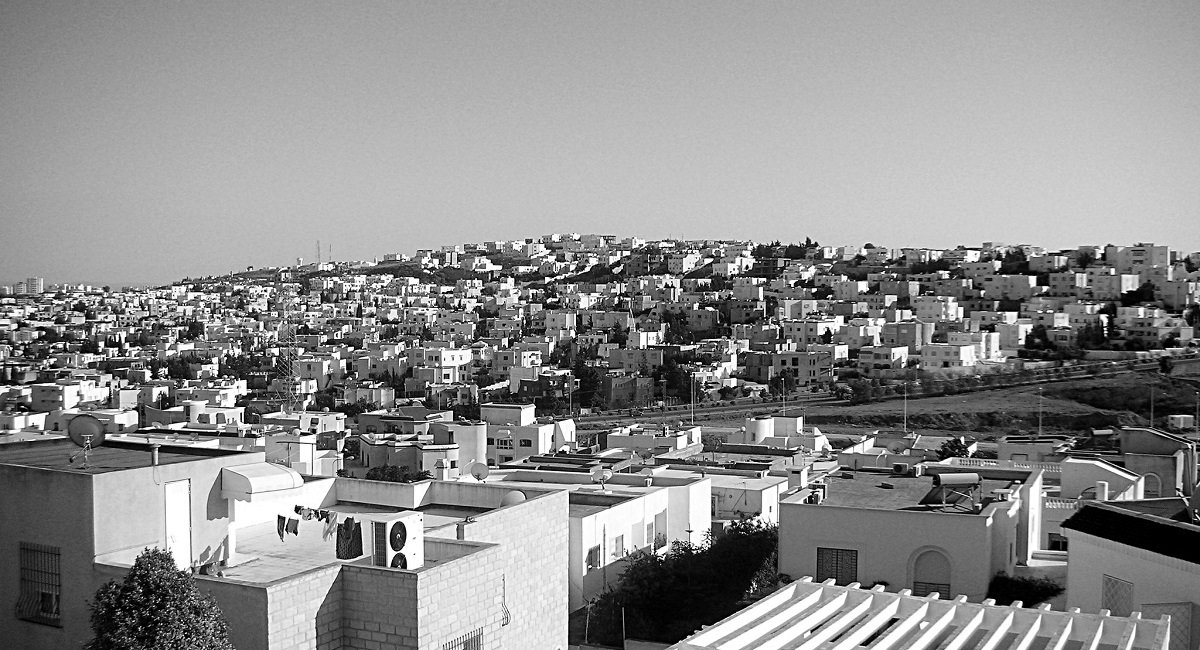

Photo by Mat Distef – Creative Commons
A reinvigoration of civilian party politics is necessary to facilitate Arab armed forces’ return to the barracks.
The political assertiveness of Arab armed forces after the so-called Arab Spring and again in 2019 (in Algeria and Sudan) resonates with their political interventions in the 1950s and 1960s and those of Latin American militaries in the 1960s and 1970s. Arab armed forces became defenders of the state, or they were hybridized with the rise of parallel militias, or even cannibalized by nonstate actors. In the 2010s, Arab militaries involved themselves in civil wars, counterinsurgency, and repression on a much larger scale than under authoritarian rule from the 1970s to 2011. Despite a similar entry into politics, Latin American armed forces returned to the barracks in the 1980s and 1990s. What would make a similar retorno a los cuarteles possible in Arab states?
Old Heartland of Military Politics
Latin America is the historical heartland of military politics, where armed forces surged to power with juntas of ruling generals that waged fierce internal repression in the name of national security. Their failures in governance and opposition from civilian political parties, churches, civil society organizations and, to some degree, mass mobilization pushed them back to the barracks. They remained quartered in their barracks in the 2000s, even though politicians and contentious social movements called on them to intervene in politics during crises caused by deep social inequalities, high inflation, and low growth. Even President Jair Bolsonaro in Brazil did not buck this trend. Latin American civil-military relations have been revamped with an extrication of militaries from politics, often at the cost of temporary obliviousness to human rights violations and huge military prerogatives.
In Latin America, militaries were not embedded in regimes like they are in Arab states. Latin American armed forces ruled by relying on civilian political allies, often among right-wing parties. They did not infuse the state with intricate power networks based on family, clan, region, or confession, and they did not build deep alliances within society, nor did they establish crony political economies to sustain their exclusive rule. They did not rule for four or five decades, erasing all political opposition, unions, and civil society organizations.
Latin American armies indeed tried to rule, even taking huge economic roles, but mostly failed to run their economies efficiently. Even in Chile after 1973, where military officers infused throughout the administration recalled some Arab states in 2021, Pinochet was forced to negotiate a transition after 1988. Crucially, Latin American militaries did not supersede the legitimacy of constitutional and civilian rule, but in Arab states there have been no comparable cycles of alternation between civilian and military rule on which civilians can capitalize. The strength of civil society institutions and party opposition helped civilians return to the fore in Latin America, whereas authoritarianism erased these advantages in Arab states.
New Heartland of Military Politics
Civil-military relations in Arab states are different. Arab military institutions have not weakened after a few years in direct power, despite many failures, and they have even displayed a positive image with slogans like “al-shaab wa al-jaish ‘id wahida” (“the people and the army are one”), despite long-time embeddedness with previous ruling orders. Economic reforms did not weaken them; they even benefited from privatization and new economic ventures.
Arab armed forces used their embeddedness to assert themselves in 2011. They have also benefited from a different regional context from Latin America in the 1980s and 1990s, where the expansion of a peaceful democratic environment increased the likelihood of a return to the barracks. In contrast, in the past decade Libya, Syria, and Yemen plunged into intermittent or prolonged civil wars and became playgrounds for regional powers. Like people everywhere, Arab citizens seek to choose their own rulers and lessen repression, but the appeal of democratic ideals weakens when economic and physical security deteriorate. Astute authoritarian actors, with the help of manipulative military intelligence, can manufacture (weak) legitimacy in the name of stability, invigorating authoritarianism and its appeal.
Arab armed forces are by no means triumphant. In Egypt, they are much more involved in day-to-day governance, which comes at a price. In Libya and Yemen, civil war and competition from nonstate actors overwhelmed the armed forces, with some actors even cannibalizing them. Russia, rather differently from Iran, has tried to reinstate the Syrian army as a crucial pillar of the Assad regime, a very challenging task. Militarized authoritarianism, even in a weakened form, can nevertheless become entrenched for a substantial period of time in such a securitized and violent regional context.
Reinvigoration of Civilian Politics
In sum, a retorno a los cuarteles across Arab states would require a reinvigoration of civilian politics. This requires the legitimation of civilian parties, with leaders that do not leave all defense sector decisionmaking in military hands, forge parliamentary scrutiny, and benefit from civil society counterweights, in a more pacified environment. Otherwise, Arab armed forces will be embedded in their ruling positions for a long time.
Philippe Droz-Vincent is professor of political science and international relations at Sciences-Po Grenoble and author of Military Politics of the Contemporary Arab World.



